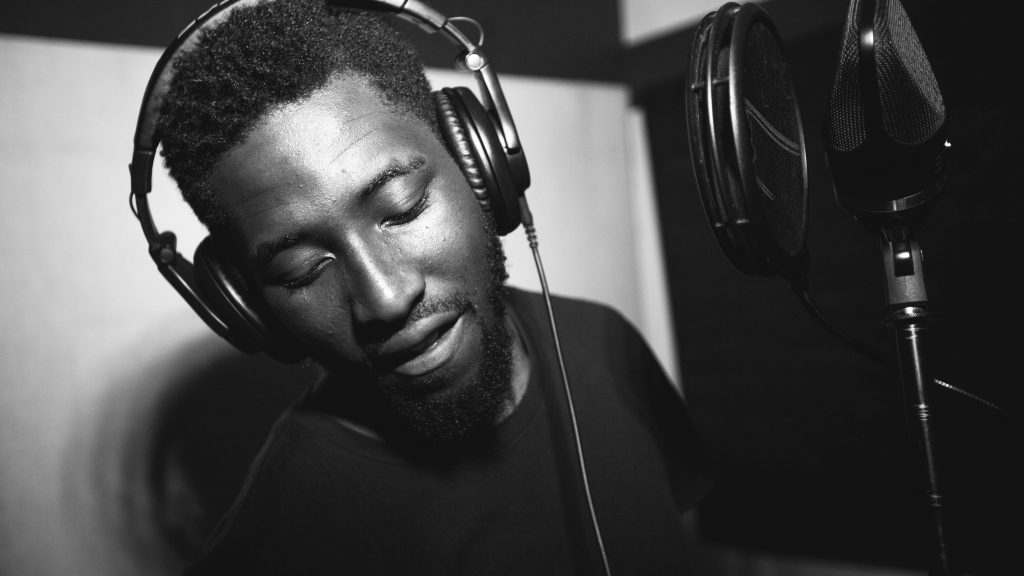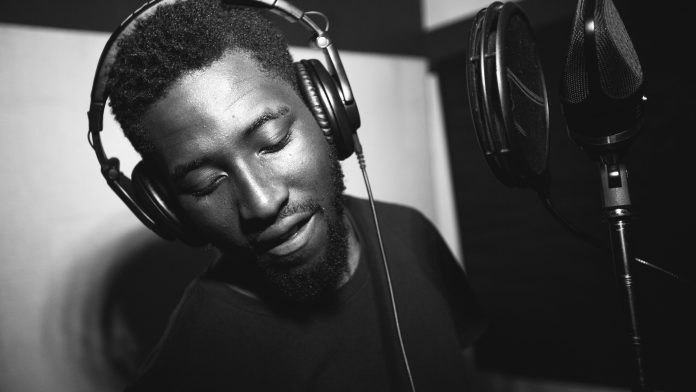
The Black music genres have been a driving force in American culture for decades. From the blues to hip-hop, black musicians have been shaping the sound of popular music since its inception. Today we will talk about black music genres.
Black people make up 13% of America’s population but produce more than half of all recorded music sales.
That statistic alone speaks volumes about how influential black artists are in the world of pop culture and entertainment.
This article will explore ten popular genres (and subgenres) that have their roots firmly planted within the African-American community.
Hip-Hop Music Genre
Hip-hop is a music genre that originated in the Bronx, New York. It developed as part of hip-hop culture, which began in the 1970s among African-American and Latino youth in the South Bronx.
The first recorded use of the word “hip hop” or “hip-hop” was in a song called “Rapper’s Delight” by The Sugarhill Gang, released in 1979.
Hip-hop was associated with breakdancing and graffiti art as it gained popularity throughout different communities around New York City and beyond.
Many famous rappers rapped about their experiences growing up as young black men living in poverty or struggling with racial discrimination, like Grandmaster Flash (born Joseph Saddler), Afrika Bambaataa (born Kevin Donovan) and many more.
R&B Music Genre
R&B stands for Rhythm and Blues. It is a musical category that originated in the 1940s. The style of R&B music is characterized by a strong rhythm and blues influence, which was influenced by gospel music, jazz and even some country music. R&B encompasses various styles, including soul, funk, disco and rock ‘n roll.
Trap Music Genre
Trap music is a category of hip-hop and a music genre that originated in the Southern United States and is associated with southern hip-hop.
Its aggressive lyrical content and sound typify it, incorporating synthesizers, slow 808 beats, and heavy bass.
Since its introduction to mainstream culture in 2009, Trap has been written extensively on the Internet, and several artists have claimed to have invented the genre.
Jazz Music Genre
It is a music genre in the US during the late 19th and early 20th centuries. It began as a fusion of African rhythms and European instruments but has evolved into a new genre.
Jazz music has been characterized by improvisation and syncopation, or irregular beats. These elements can be heard throughout jazz history.
Jazz spread quickly around Europe after it was introduced by American military bands stationed abroad in World War I; today, many countries worldwide have unique jazz music styles.
Blues Music Genre
Blues is a form of music from the African-American community and has been played by many artists.
It is a style of music that originated in the Deep South of the United States and has been played by many artists.
Neo-Soul Music Genre
Neo-soul is a subgenre of R&B and soul music. Neo-soul artists began to emerge in the late 1980s and early 1990s.
The term “neo-soul” was coined by Kedar Massenburg, founder of the Motown Records label, with which most artists have been associated.
Neo-soul evolved from African Americans‘ rhythm and blues and gospel music traditions.
It rose as a distinct genre in the mid-1990s through the work of groups such as D’Angelo, Erykah Badu, Lauryn Hill (who has been described as “the high priestess of neo-soul”), Maxwell (a singer), Jill Scott, Angie Stone (another singer), Bilal (an artist) and Musiq Soulchild (yet another).
Rock and Roll Music Genre
Rock and roll is a music genre that came to the United States during the late 1940s and early 1950s, focusing on the electric guitar.
It emerged from blending various musical genres of the time, including rhythm and blues, gospel, country and western, boogie-woogie, and calypso.
Rock and roll take its name from rhythm & blues (R&B). This style emerged in African American communities in 1948 with elements taken from boogie-woogie music characterized by frequent improvisation or “swinging”, energetic vocals and a focus on instrumental soloing.
Artists developed the genre, like Louis Jordan, who combined blues influences with gospel choir elements such as handclapping rhythms to produce his unique sound for mainstream audiences.
BeBop Music Genre
The music genre BeBop is a type of jazz music popular in the 1940s and 1950s. BeBop was developed by Charlie Parker, Dizzy Gillespie, Thelonious Monk, and other musicians.
BeBop was instrumental in the development of modern jazz. BeBop is characterized by fast tempos and improvised melodies with complex chord progressions.
In addition to its influence on jazz, BeBop also influenced other genres such as rock ‘n’ roll and rhythm & blues.
Gospel Music Genre
Gospel is a Christian music genre in which the lyrics focus on the life of Jesus Christ, emphasizing his suffering, death, and resurrection. It developed as a hybrid of gospel and blues music, and Thomas A. Dorsey made the first recording in 1932. It was also known as “Negro church music” or just “gospel” and has been sung ever since.
The origins of the gospel can be traced back to when enslaved people would sing songs while they worked in fields or cotton mills.
To these enslaved people, singing was a form of expressing their faith, and they hoped that God would one day bring them freedom.
The songs were sung around campfires at night or during Sunday church services.
Country Music Genre
The country music genre is a type of music that originated in the southern United States. Country music is a fusion of folk and popular music and is also considered an American roots genre.
It’s traditionally characterized by its lyrics, which often include stories about working-class or rural life.
The blues, gospel, and folk genres influenced the country. In turn, it has changed many other genres, including rock ‘n’ roll, hip-hop music, and pop culture.
More generally speaking, fashion and lifestyle choices such as trucker hats or overalls are being worn as casual wear today (which were once seen only on country singers).
Black music is black culture.
Black music is a reflection of black culture. Black music reflects the African diaspora, which makes up more than 20% of the world’s population and spans many countries in Europe, Asia, and Latin America.
Black music is also a reflection of the African American experience. This community has been marginalized and oppressed throughout history but has always found ways to create art through its struggles.
Black artists use their music to voice their experiences and tell stories about their lives; this includes issues like racism and police brutality, as well as everyday events such as falling in love or having children.
Conclusion
Black music has a long history of inspiring and influencing artists worldwide, and the range of genres we have today is evidence that this trend will continue for years to come.
Some of today’s most popular songs are based on much older musical styles from Africa or other parts of the world.
This is why it’s essential to understand where these songs came from before enjoying them as intended – listening while dancing or playing an instrument.

